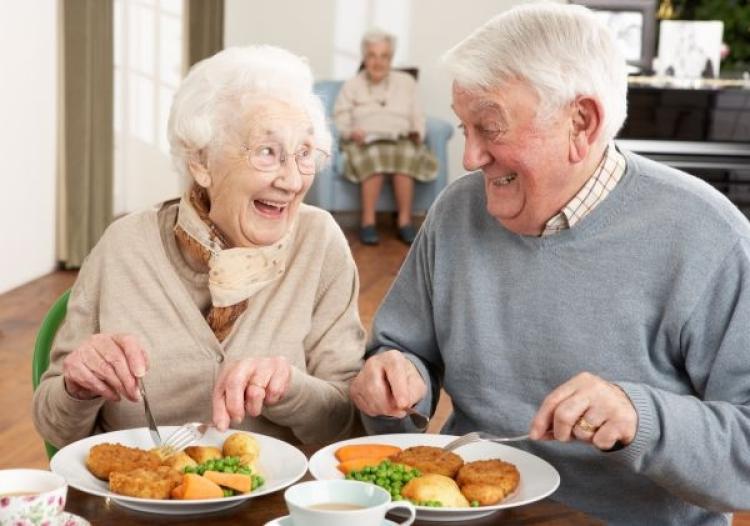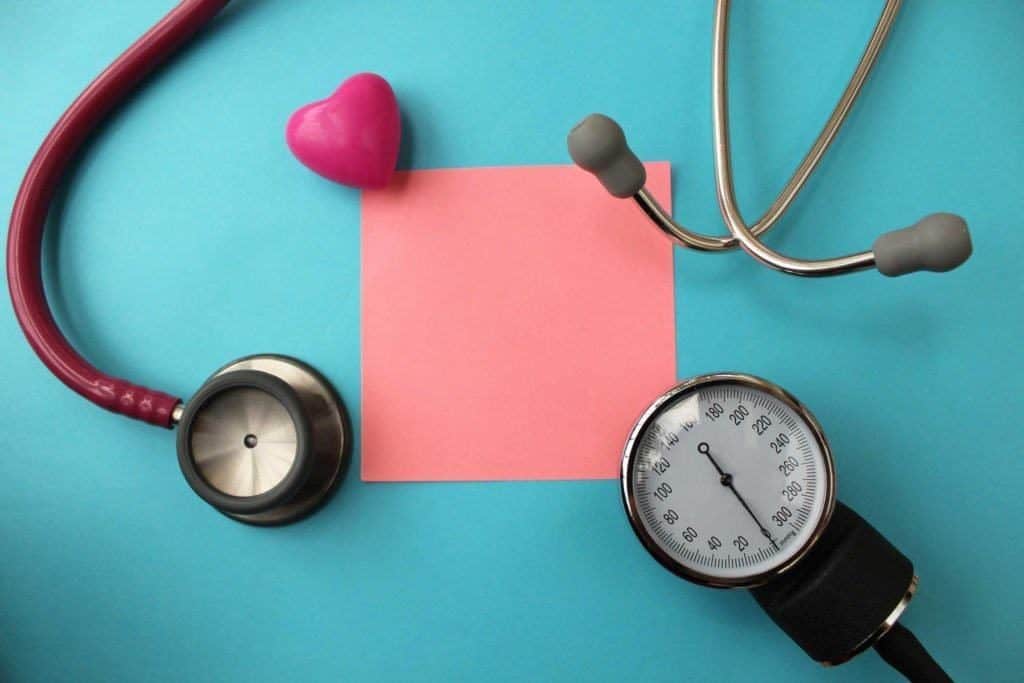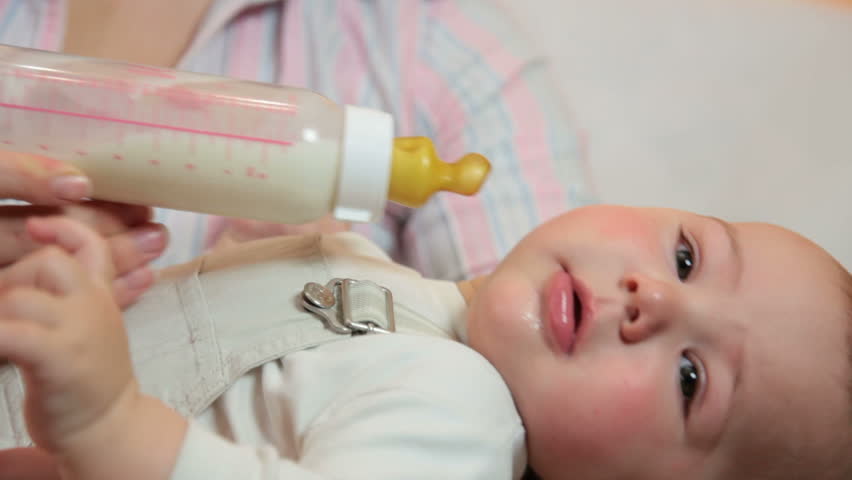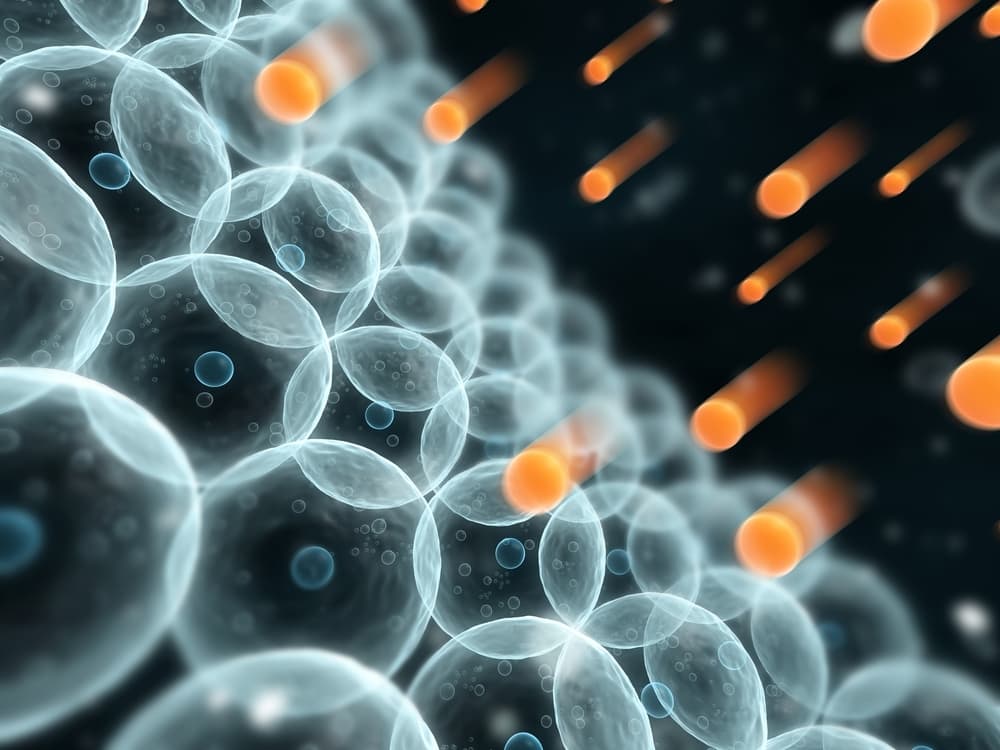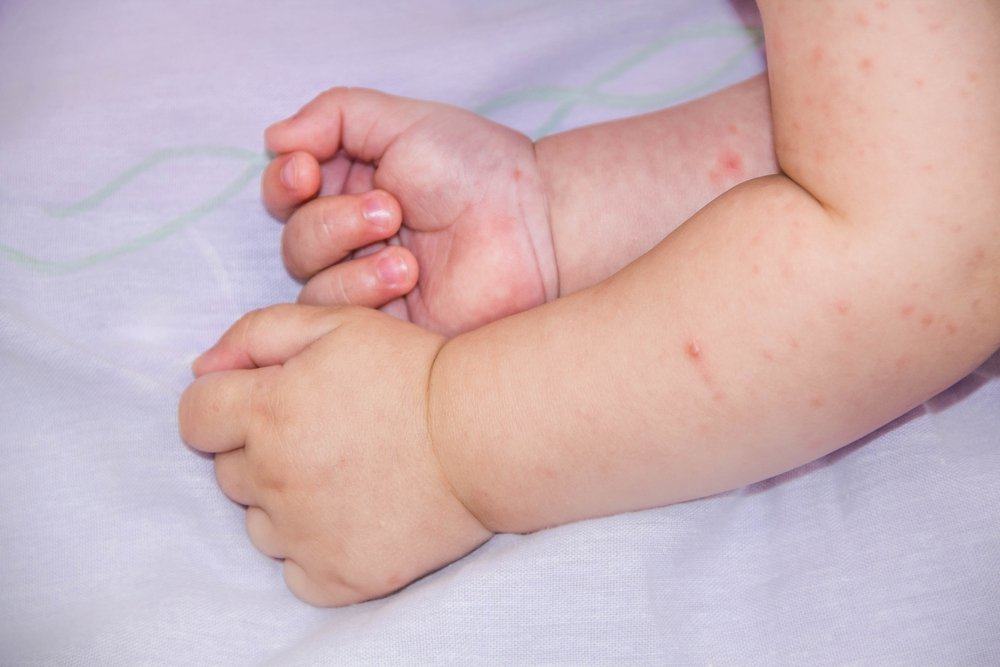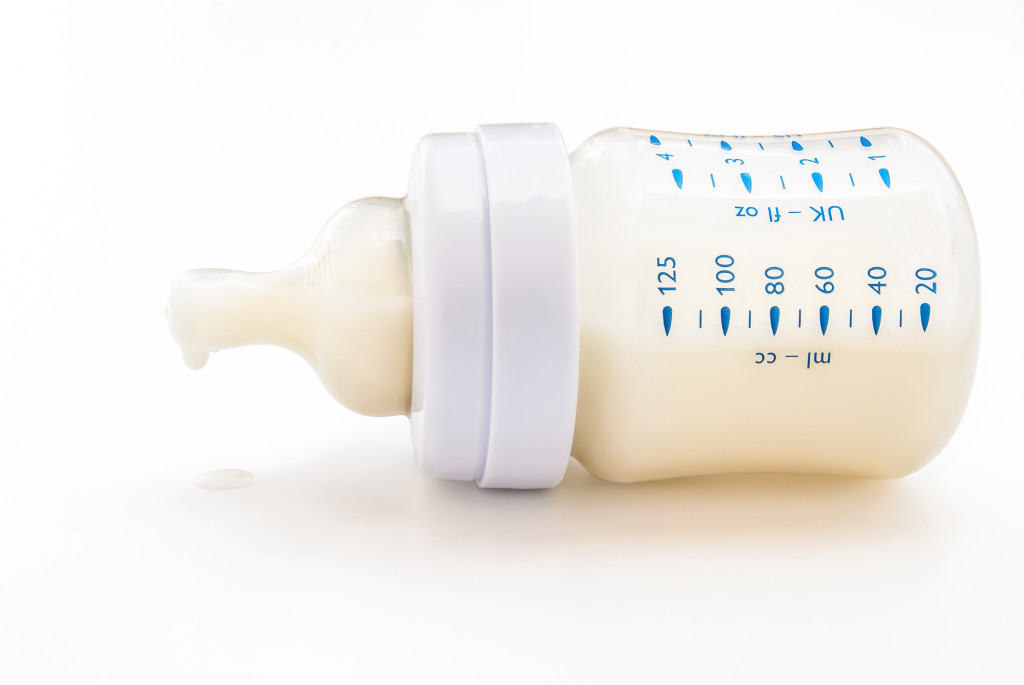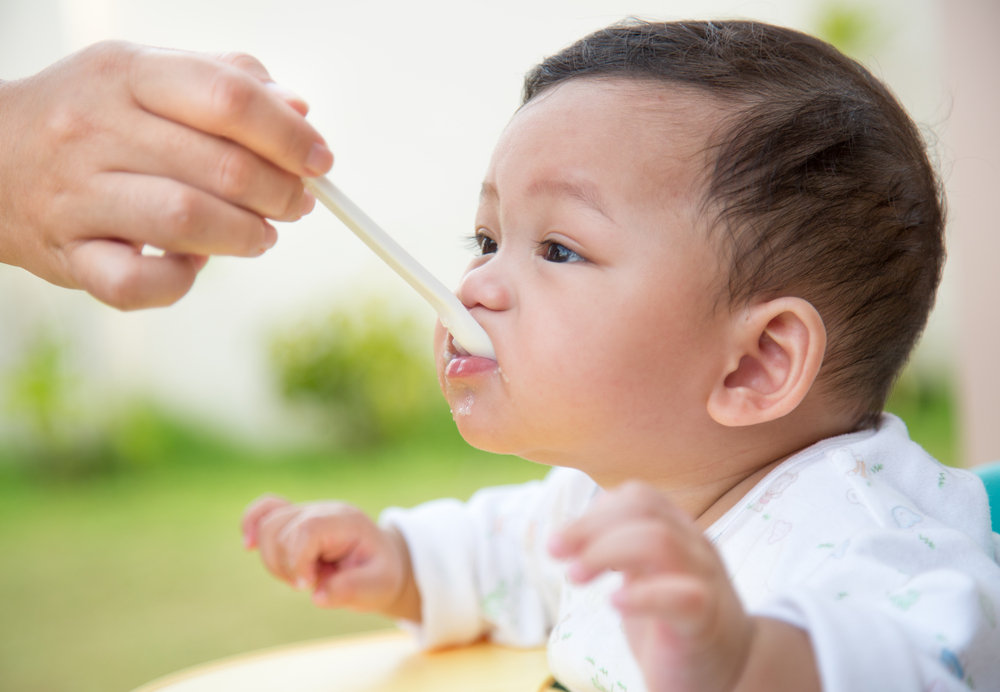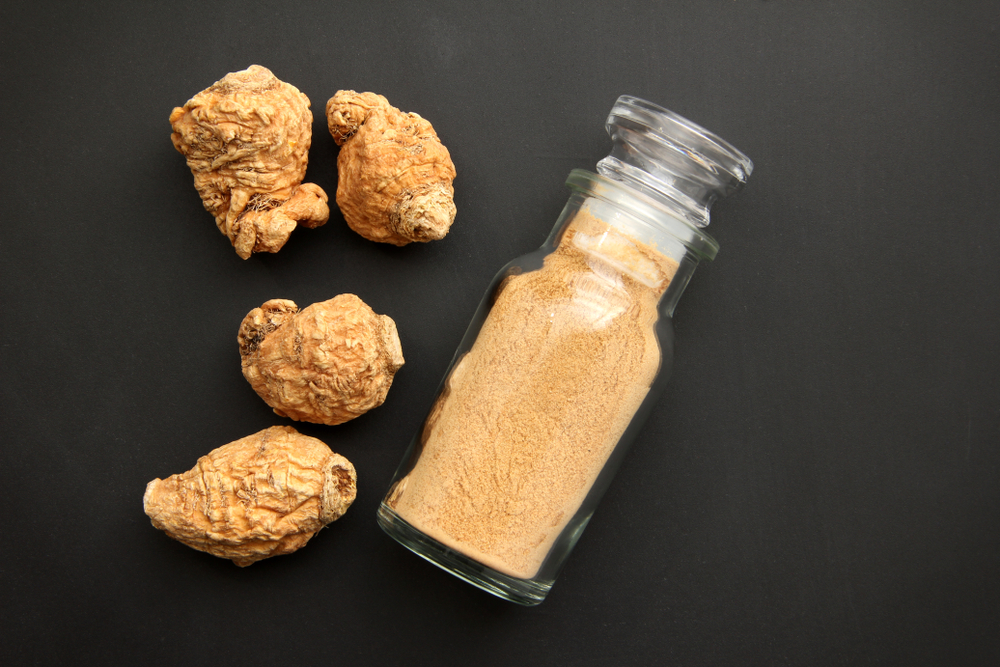Contents:
- Medical Video: Malnutrition: A Hidden Epidemic in Older Adults
- Elderly eat less and less frequently
- Health effects that may occur if the elderly eat less
- How do you detect malnutrition in the elderly?
- How to overcome the problem of malnutrition in the elderly?
Medical Video: Malnutrition: A Hidden Epidemic in Older Adults
The problem of malnutrition can not only occur in children. In fact, older people are more at risk for malnutrition. Elderly is an age group where a person has experienced various decreases in bodily functions that can affect appetite, which can eventually lead to eating disorders and malnutrition. Malnutrition in the elderly can cause more serious health effects, such as organ dysfunction and increased inflammationko death. So, what are the characteristics of malnutrition in the elderly, and how do elderly nurses handle it?
Elderly eat less and less frequently
Decreasing various bodily functions in old age can cause elderly people to have difficulty eating because of various causes.
For example, elderly appetite tend to decrease because the sense of taste and smell is not as sharp as first to breathe the aroma and feel the food. Elderly people are also more susceptible to decreased production of saliva, loose teeth, weakened intestinal and gastric function, to a decrease in stomach acid production which causes the body to absorb food.
Decreased appetite can also be a side effect of the drug or the disease it has. Because of his physical limitations, many elderly people can no longer prepare food for themselves. In addition, the elderly are also more likely to isolate themselves because they lose the closest person or are hit by financial problems / emotional disturbances because they live alone. These two social factors have never been aware that they can contribute to loss of appetite and cause anorexia in the elderly.
In the end, all of these risk factors work together to reduce the appetite of older people, as a result they eat less and less frequently.
Health effects that may occur if the elderly eat less
Lack of eating over time can reduce weight which is actually dangerous for the elderly because it triggers the loss of muscle mass, including the muscles of the respiratory organs.
Malnutrition in the elderly also causes decreased body function, including the function of the digestive and immune systems of the body which is especially important when the elderly experience infection.
In addition, malnutrition also triggers low albumin in blood serum (hypoalbuminemia). This is very dangerous because it can cause damage to various body tissues. So, not being undernourished for long can increase the risk of death in the elderly.
How do you detect malnutrition in the elderly?
Signs of malnutrition in the elderly can be difficult to recognize, especially in people who do not seem to have certain health risks. But knowing symptoms at the outset can help prevent complications that will occur later. Here's how to detect malnutrition in the elderly:
- Observe the eating habits of people entering the elderly. Spend time with your parents while eating at home, not just on special occasions.
- Pay attention to weight loss. Help your parents monitor their weight at home. You might also notice other signs of weight loss, such as changes in the size of your clothes.
- In addition to losing weight, malnutrition can cause protracted wound healing (although not diabetic wounds), easy bruising, and the emergence of dental health problems. So, also pay attention to this problem
- Many drugs affect appetite, digestion and absorption of nutrients. Consider again or consult a doctor for the use of this type of drug when the elderly experience drastic loss of appetite.
How to overcome the problem of malnutrition in the elderly?
Although a decrease in appetite occurs naturally, malnutrition in the elderly can have a fatal impact. Routinely invite your parents to consult a doctor to deal with their illnesses. It's a good idea to invite you to consult licensed nutritionist to improve nutritional status, so that they can stay healthy to undergo daily activities without obstacles.
To get around the elderly who have difficulty eating, giving food types and their time must be adjusted. Can not be like most people in general with a pattern of breakfast, lunch and dinner, you should give a smaller portion of the elderly meal so they can eat anytime when feeling hungry. The food provided should also be soft.
Expand food sources containing whey protein and casein, probiotics, and antioxidants. But still balance with the right intake of fat, protein and carbohydrates. If the elderly still eat a little, you can help meet their nutritional needs from food supplements.
In addition to helping him fulfill the nutritional needs of food, invite the elderly to stay active. Active moves will strengthen muscles, which is important to prevent loss of muscle mass and decrease muscle function. Actively moving regularly can also strengthen bones and improve elderly appetite.

